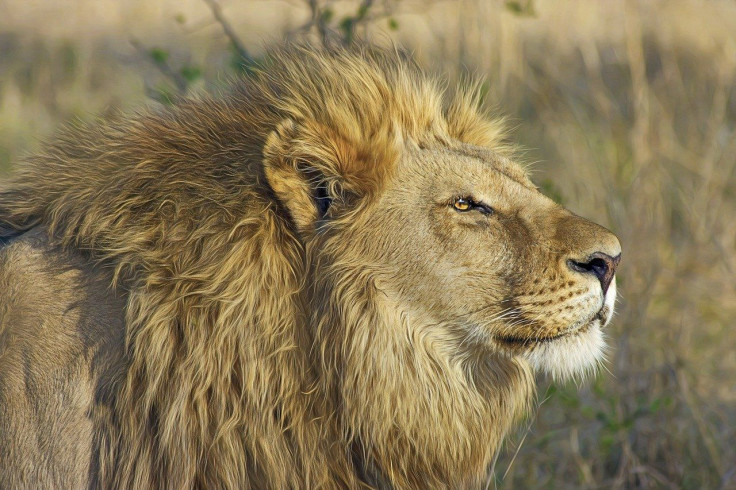2 Lions At Croatia Zoo Caught COVID-19 From Keeper: Officials
KEY POINTS
- The lions are being treated and said to be doing "fine"
- Officials clarified that zoo visitors were not exposed to the virus from the lions
- There's been no proof that animals play a key role in the spread of COVID-19 among humans
Two lions at the Zagreb zoo in Croatia tested positive for COVID-19. They caught the infection from a zookeeper, officials said Wednesday.
The lions, Leo and Ayana, were tested for COVID-19 via nose swabs and stool samples after they began showing clinical signs of the disease, the Agriculture Ministry noted in a statement. They got the disease after getting exposed to their keeper who had tested positive for the disease, Damir Skok, head of the zoo, said as per AFP News.
"This is the first confirmation of the disease in any species of animals in the zoo in the Republic of Croatia since the beginning of the pandemic," the statement noted.
The cases are now included in the list of animals from various species that have tested positive for COVID-19 amid the pandemic. Earlier this month, for instance, three snow leopards at Lincoln Children's Zoo died of the infection.
As for Leo and Ayana, Skok told local media they are receiving medical treatment and are "fine" although they "sneeze and cough occasionally."
Other animals that the zookeeper may have come in contact with were also tested for COVID-19, AFP News reported, noting that the results are expected to be released "soon." Furthermore, Skok clarified that the visitors of the zoo were not exposed to the virus from the lions because they were separated by a glass fence.
The ministry stressed that so far, there has been no evidence that pets "play a significant role" in the spread of SARS-CoV-2, the virus that causes COVID-19, among humans. As such, the risk for such transmission is "very low."
"Although several animal species have been infected with SARS-CoV-2, these infections are not the driver of the current COVID-19 pandemic which is human-to-human transmission," the World Organization for Animal Health (OIE) noted.
According to the Centers for Disease Control and Prevention, animals can contract the virus from humans during close contact. This is why people who are suspected or are confirmed to have COVID-19 should avoid any contact with animals.
"As a general good practice, appropriate and effective biosecurity measures should always be applied when people have contact with groups of animals, e.g. on farms, at zoos, and in animal shelters," OIE noted. "People who are suspected or confirmed to be infected with the COVID-19 virus should minimize close direct contact with animals, including farm, zoo or other captive animals, and wildlife."

© Copyright IBTimes 2025. All rights reserved.






















